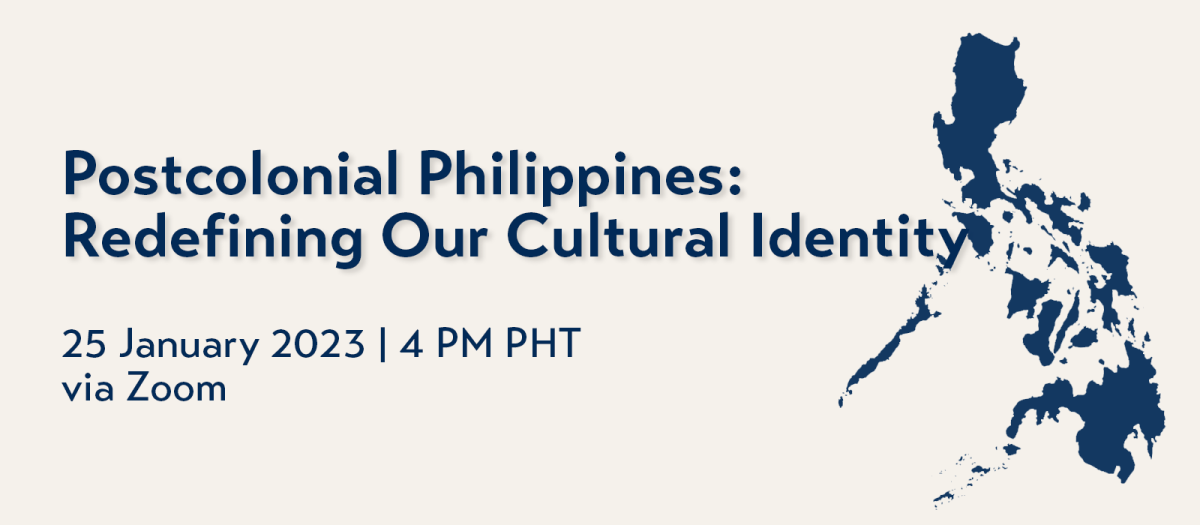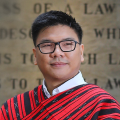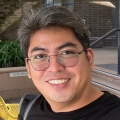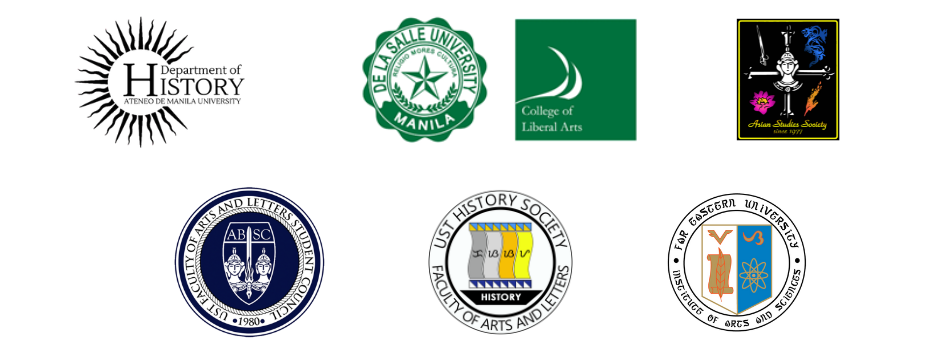Postcolonial Philippines: Redefining Our Cultural Identity
VIEW EVENT DETAILS
The Philippines is a historically rich and culturally diverse landscape. As an archipelago, its islands boast a multitude of indigenous communities with their own identities; and historically, a nation largely influenced by its three centuries of being a Spanish colony. So we ask, is there a middle ground between cultural hybridity and indigenousness?
To answer all these, Asia Society Philippines and Manila House Private Members’ Club present Postcolonial Philippines: Redefining Our Cultural Identity, a virtual program that discusses the evolution and continuities in the Filipino Identity.
Postcolonial Philippines: Redefining Our Cultural Identity will be held through Zoom on January 25, Wednesday at 4:00 PM (PHT) and will be moderated by Bambina Olivares, Programme Director of Manila House Private Members’ Club.
Join us as we dissect this and more with our panel of experts who will share their prescriptions on Filipino Identity by reimagining cultural diversity and inclusivity in a Filipino context.
The program has a registration fee of PHP 50. If you have any questions, you may reach us at [email protected].
SPEAKER PROFILES
PANEL:

Atty. Raymond Marvic Baguilat, Senior Lecturer, UP Diliman & Indigenous Peoples Champion
Raymond Marvic (Ice) C. Baguilat is a Tuwali human rights lawyer from Ifugao. He is a Senior Legal Associate of the UP Law Center – Institute of Human Rights and is the Lead Researcher for the Indigenous Peoples Law and Policy Programme. He has authored books, articles, and opinion pieces on Indigenous Peoples. Ice also serves as a Senior Lecturer at the University of the Philippines (UP) College of Law and teaches Property Law, Legal Ethics, and Indigenous Law in the Philippines. He is also a litigation lawyer and the corporate secretary for the rights group - Alyansa ng mga Abugado ng Bayan (ALAB). Ice received his Master of Laws (LL. M., ‘16) degree from the University of Melbourne through the Australia Awards Scholarship and his Juris Doctor (J.D. ‘11) degree from the University of the Philippines - Diliman.

Prof. Jorge Mojarro, Ph.D., Professor, University of Santo Tomas
Jorge Mojarro (Huelva, 1980) holds a Master’s degree in Spanish Language and Literature (Universidad Sevilla, 2003) and a PhD in Spanish and Latin American Literature. His thesis explored for the first time Philippine Colonial Literature during the 16th century (Universidad de Salamanca, 2016). A faculty member of the Department of Literature at the University of Santo Tomás since 2017, during the last eight years, he has been devoting his researches in the area of Philippine Colonial Literature, History of the Printing Press in the Philippines, Philippine Literature in Spanish Language, Missionary Linguistics and South East Asian Studies. Dr. Mojarro has published annotated editions of Teodoro Kalaw’s Hacia la Tierra del Zar (Renacimiento, Sevilla, 2014) and Dominican Father Campa’s journeys to Mayoyao and Sierra Madre, Entre las Tribus del Luzón Central (Renacimiento, Sevilla, 2016). Dr. Mojarro has been a fellow of The Huntington Library (San Marino, CA) and the Lilly Library (Indiana University). He has also edited three special issues on Philippine Literature in Spanish for the peer-reviewed journals Revista de Crítica Literaria Latinoamericana (December 2018), Unitas (May 2019), and Guaraguao (January 2021). He has recently edited More Hispanic than We Admit. Vol. 3 (Vibal Foundation, QC) and co-edited with Javer Serrano En el Archipiélago de la Especiería (Desperta Ferro, Madrid).

Prof. Fernando Zialcita, Ph.D., Professor Emeritus, Ateneo de Manila University, Department of Sociology and Anthropology & Cultural Heritage Program Head
Fernando N. Zialcita. AB Humanities and MA Philosophy, Ateneo de Manila University. MA and Ph.D. Anthropology, University of Hawai’i. Professor Emeritus, Ateneo de Manila University. Founded the Cultural Heritage Studies Program. Organizes the yearly Ateneo Social and Cultural Laboratory, now called the Cultural Heritage Studies Field School. Before the pandemic, the field school took students for three weeks during the Intersession to a specific site (Tayabas, Bohol, Kalibo-Boracay, Nasugbu-Balayan, Vigan, Puerto Princesa) to document specific themes in local heritage: food, shelter, weaving, games, etc. The output was then sent to stakeholders so that they could use it in their development efforts. One area of specialization of Zialcita: Heritage and identity, particularly in popular religion, traditional vernacular architecture and food patterns. Has written articles for journals and books either by himself or in joint co-authorship: Philippine Ancestral Houses (1980), Authentic Though Not Exotic: Essays on Filipino Identity (2005), Quiapo: Heart of Manila (2006); Cuaresma (2000), recently Endangered Splendor: Manila’s Architectural Heritage 1571-1960, Vol.1 (2021).

Prof. Leo Angelo Nery, Professorial Lecturer, Far Eastern University
Leo Angelo Nery is an instructor at the Department of Interdisciplinary Studies of Far Eastern University, where he teaches Philippine History, The Life and Writings of Rizal, and Research Methodology. He obtained his MA in History from the Ateneo de Manila University, where his thesis on the feminization of Philippine pharmacy was awarded the Outstanding Graduate Research Award in 2017. He is currently pursuing his doctorate in History at the University of New South Wales in Sydney.
MODERATOR:
Bambina Olivares, Programme Director, Manila House
Produced in partnership with:

Special thanks to our Partner Organizations:

Department of History of the School of Social Sciences, Ateneo de Manila University, The Department of Interdisciplinary Studies of the FEU's Institute of Arts and Sciences, UST Asian Studies Society, College of Liberal Arts, De La Salle University - Manila, UST Artlets Student Council, UST History Society